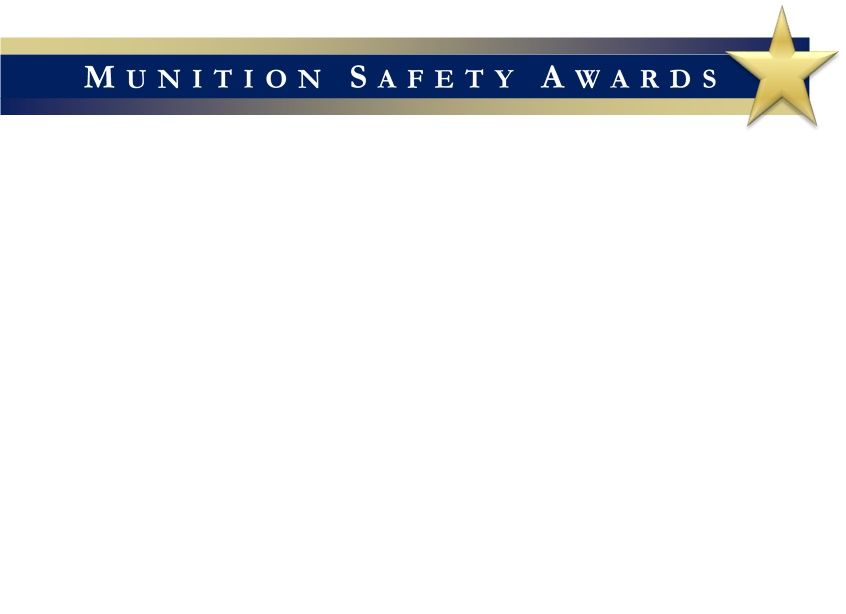O-193 How to Determine TNT Equivalency for Energetic Materials and Munitions?
September 2018
Christelle Collet, Martijn van der Voort TNT equivalency is commonly used to quantify the explosive effects of energetic materials and munitions. For scientific purposes, it is a means to compare the explosive effects delivered by different energetic compositions. Therefore, we need a set of accurate TNT equivalence values for the effects we are considering and, if relevant, at different distances. For safety purposes on the other hand, we need conservative, but reasonable values, and if possible, standardized ones.
An investigation was made to find appropriate TNT equivalence values for PBXN-109, a well-known plastic bonded aluminized explosive formulation. A considerable number of values were found for bare charges in the open literature, including questionable or not so relevant values. For cased charges, it is even more difficult to determine TNT equivalencies due to energy consumed by fragmentation and acceleration of fragments. This phenomenon depends on the confining material and its thickness. In storage situations further complications arise from the deviating fragmentation of multiple adjacent shells, and the confinement offered by the storage structure. Some authors have already addressed these concerns, and the present study will propose ways to deal with the confinement in the particular case of munitions containing aluminized explosive compositions such as PBXN-109.
This paper first describes the most commonly used experimental and theoretical methods to determine TNT equivalencies. Then, the values gathered for PBXN-109 are presented and discussed. In the final part, the additional impulse effect of aluminium metal particles will be addressed, and how those particles may affect the TNT equivalence ratios of such metal-loaded compositions.



